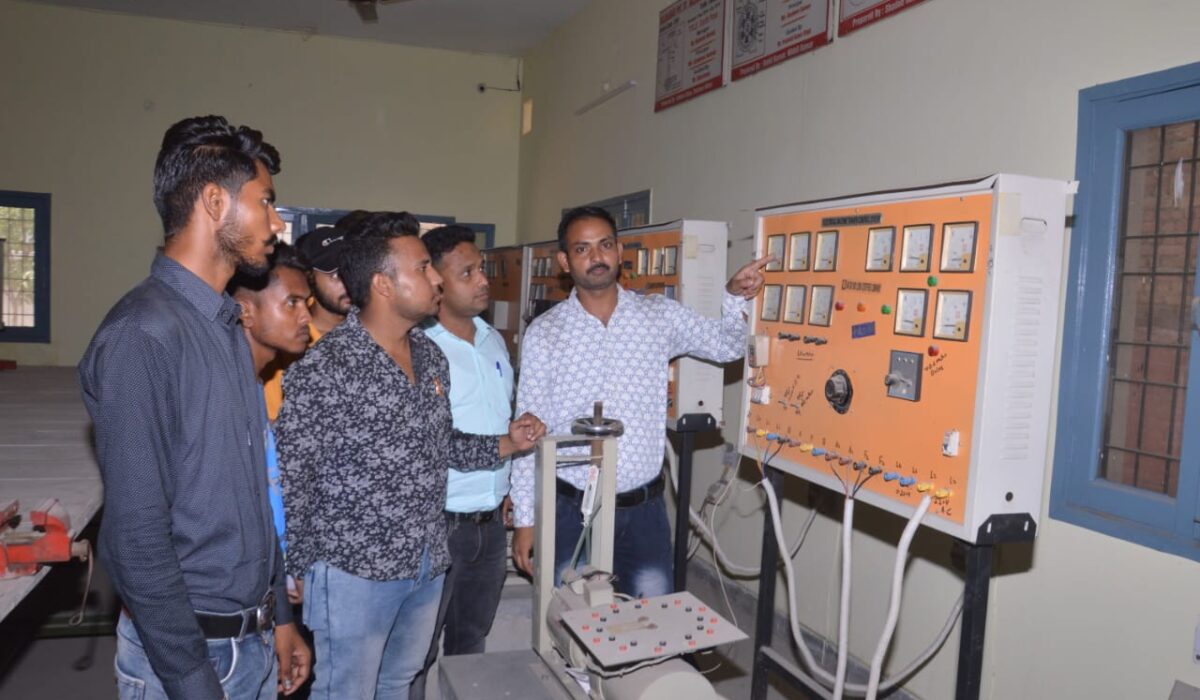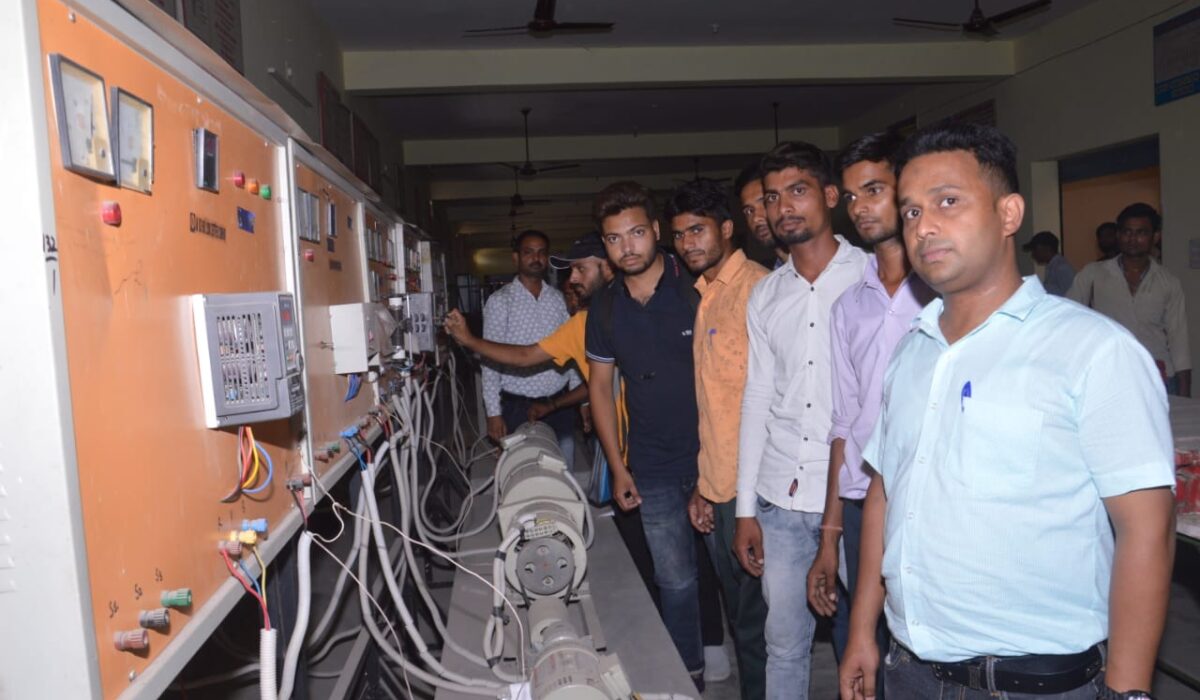Always Finding Ways To Do Better
Electrician Trade


In this trade, the trainees are trained primarily to perform various types of electrical operations and maintenance jobs like, domestic and industrial wiring, usage of electrical instruments, installation and maintenance of AC and DC machines, applications of different types of electronics components, performance measurement and control of different types of electrical machines and equipments, studying the various factors affecting the generation, transmission and distribution of electrical power, etc. So as to impart the most effective training, the theories associated with the practical assignments are thoroughly covered in the classrooms, prior to the commencement of the practical exercises in the workshop. The Electrician Instructors are extremely cautious to avoid any kind of electrical shock and accidents causing injuries to the students and damaging the machineries.
Here are some key aspects of the electrician trade:
-
Duties and Responsibilities: Electricians perform a range of tasks, including:
- Reading and interpreting electrical blueprints, diagrams, and technical drawings.
- Installing, repairing, and maintaining electrical wiring, fixtures, and equipment.
- Testing electrical systems and components to ensure proper functioning.
- Troubleshooting electrical issues and making repairs.
- Ensuring compliance with electrical codes, safety standards, and regulations.
- Collaborating with other professionals, such as architects and contractors, to plan and execute electrical installations.
-
Specializations: Electricians can specialize in different areas within the trade, including:
- Residential Electricians: They focus on electrical systems in homes and small apartment buildings.
- Commercial Electricians: They work on electrical installations in commercial buildings such as offices, retail stores, and restaurants.
- Industrial Electricians: They specialize in electrical systems in industrial settings, such as factories and manufacturing plants.
- Maintenance Electricians: They are responsible for the ongoing maintenance and repair of electrical systems in various settings.
-
Education and Training: Becoming an electrician typically requires a combination of formal education and on-the-job training. Many electricians complete an apprenticeship program, which combines classroom instruction with hands-on training under the supervision of experienced electricians. Apprenticeships typically last several years and provide a comprehensive understanding of electrical theory, safety practices, and practical skills.
-
Licensing and Certification: Electricians may need to obtain licenses or certifications depending on their location and the type of work they perform. These requirements vary by country, state, or jurisdiction. Licensing and certification typically involve passing an examination to demonstrate competence and knowledge of electrical codes and regulations.
-
Safety Considerations: Electricians work with potentially hazardous electrical systems and must prioritize safety at all times. They follow strict safety procedures, use personal protective equipment (PPE), and adhere to electrical codes and regulations to prevent accidents and ensure the safety of themselves and others.
- Career Paths and Opportunities: Electrician Trade can pursue various career paths, including working in fabrication shops, construction sites, manufacturing plants, shipbuilding yards, and maintenance facilities. With experience and additional certifications, Electrician can advance to supervisory roles or specialize in all Govt. workshop like DRDO, Railway, ISRO, BHEL,GAIL, HEL, HAL, BEL, Ordinance Factory etc and other multi national companies like Maruti Suzuki, Ashoke Layland, HERO, TATA, Sugar Mills, Paper Mills etc.
